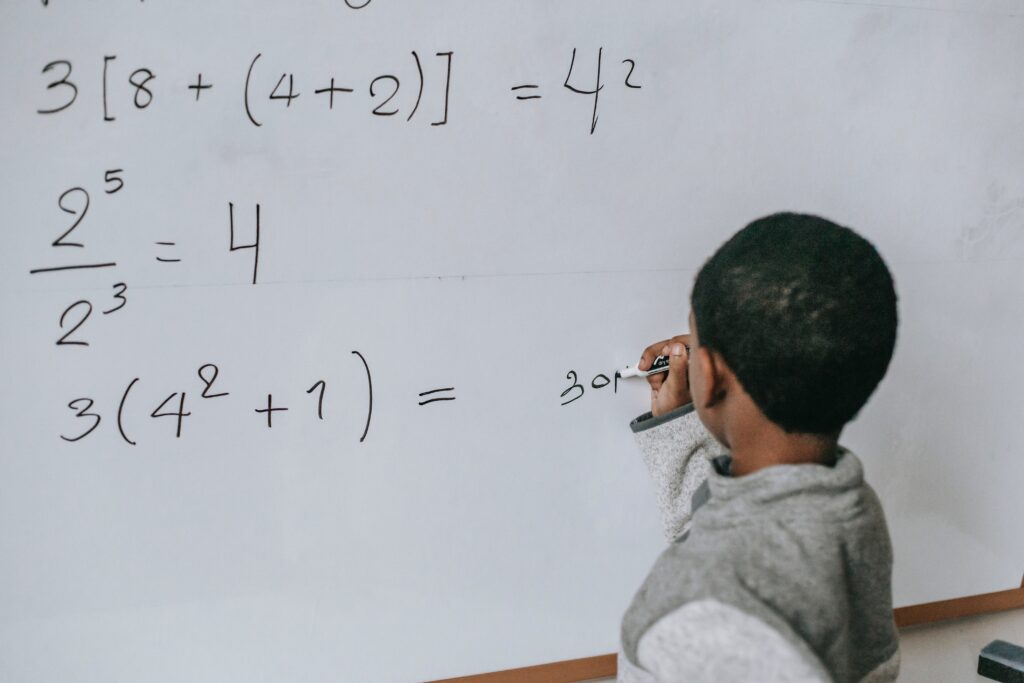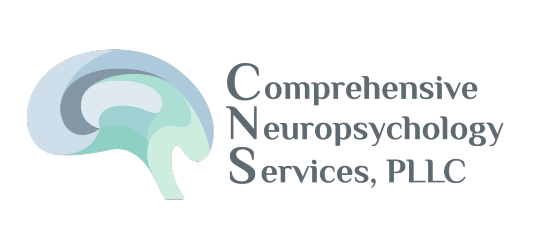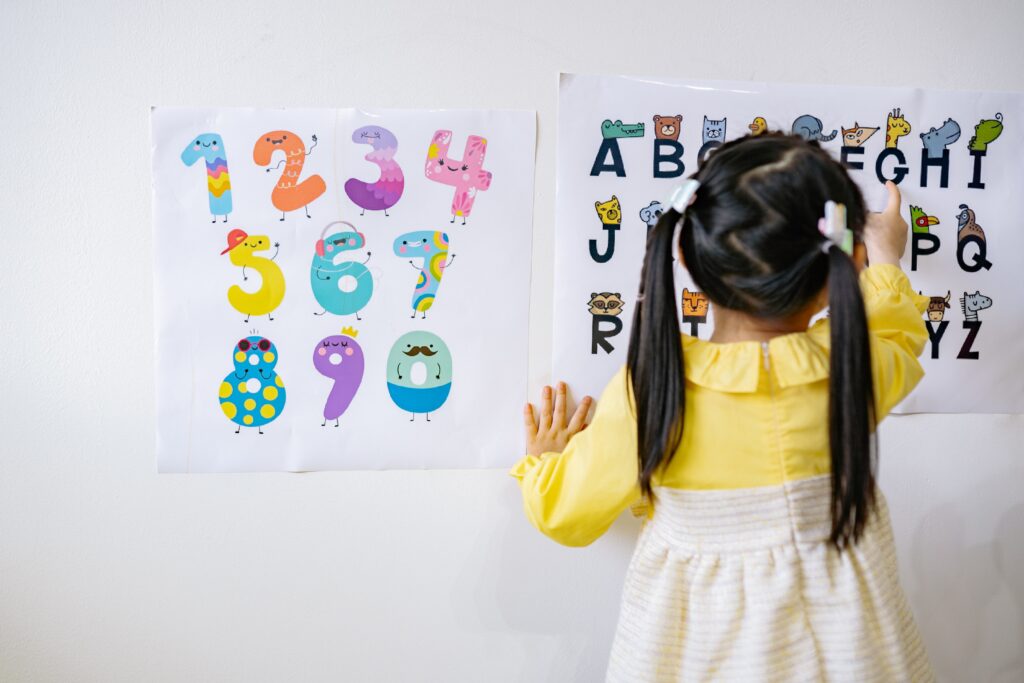
As a parent, watching your child struggle in school can be a heart-breaking experience. If your child consistently falls behind, has trouble retaining information, or can’t focus in class, you might wonder if they have a learning disability or another developmental concern. But what exactly is a learning disability, and how can you tell if your child has one?
When it comes to children with learning disabilities, getting a proper diagnosis is the first step in accessing the support they need to succeed.
What is a Specific Learning Disability?
A specific learning disability or disorder (SLD) is a neurodevelopmental condition that affects a person’s ability to take in information, process it, and send it back out into the world. Learning disabilities are seen in specific academic areas, like reading, math, and written expression, and exist regardless of an individual’s intelligence. They can be “invisible disabilities” because sometimes they are difficult to detect. A learning disability means that a child’s brain learns differently than their peers, but they can still progress in school.
Every child is unique. Children with learning disabilities can have a range of strengths and weaknesses, and the specific symptoms and severity can vary from child to child.
Signs of Learning Disability
How can you tell if your child has a learning disability? Although this varies widely depending on age, here are a few signs that you can look for:
- Struggling in school: Your child is consistently falling behind in school or is having trouble retaining information. He or she does not always understand what is said.
- Reading difficulties: Your child struggles with rhyming, sounding out or reading words, or reading fluently when their same-aged peers are able to do this more easily. He or she may mix up words or commonly make errors in spelling.
- Trouble managing classroom demands: Your child does not always follow directions, struggles with transitions, or does not interact appropriately with peers. This could be due to learning, social, behavioral, and/or psychological difficulties or diagnoses.
- Difficulty attending to homework or schoolwork. Your child avoids doing school work or has trouble staying focused on it. Other factors, such as executive functioning, attention, or emotional difficulties, could also play a role.
- Difficulty writing: Your child has trouble forming and spacing letters or words, or struggles to organize or get his or her thoughts on paper.
- Struggles with math: Your child has trouble with math concepts, including arithmetic, quantitative concepts, or completing multi-step math problems.
Is School-based Testing Different from Neuropsychological Testing?
Psychoeducational evaluations can sometimes be completed through your child’s school at your request. While both evaluations assess aspects of attention, mood, and behavior, neuropsychological evaluations are more comprehensive. Additionally, school-based evaluations test a small portion of the broad cognitive abilities that allow children to function.

Neuropsychologists work collaboratively with schools, including on testing, to ensure your child and family have the information necessary to best understand your child.
Resources
To learn more about the public school mandate to provide free and appropriate education to students with all levels of need or disability, see information about the Individuals with Disabilities Education Act (IDEA, http://idea.ed.gov). For more information on special education law and resources for advocating for the education of children with disabilities, see http://www.wrightslaw.com.
How to Help Your Child with Learning Differences
Start by talking with your child’s school. They can help you better understand the process for evaluating your child for special education support, including under the classification of specific learning disability. You can also rely on a neuropsychological consultation, as an outside provider familiar with developmental disorders and special education law can help support your family as you move through the process.
The earlier your child is diagnosed, the better their chances are for success in school and in life. With the right support and resources, children with learning disabilities can go on to lead successful, fulfilling lives.










